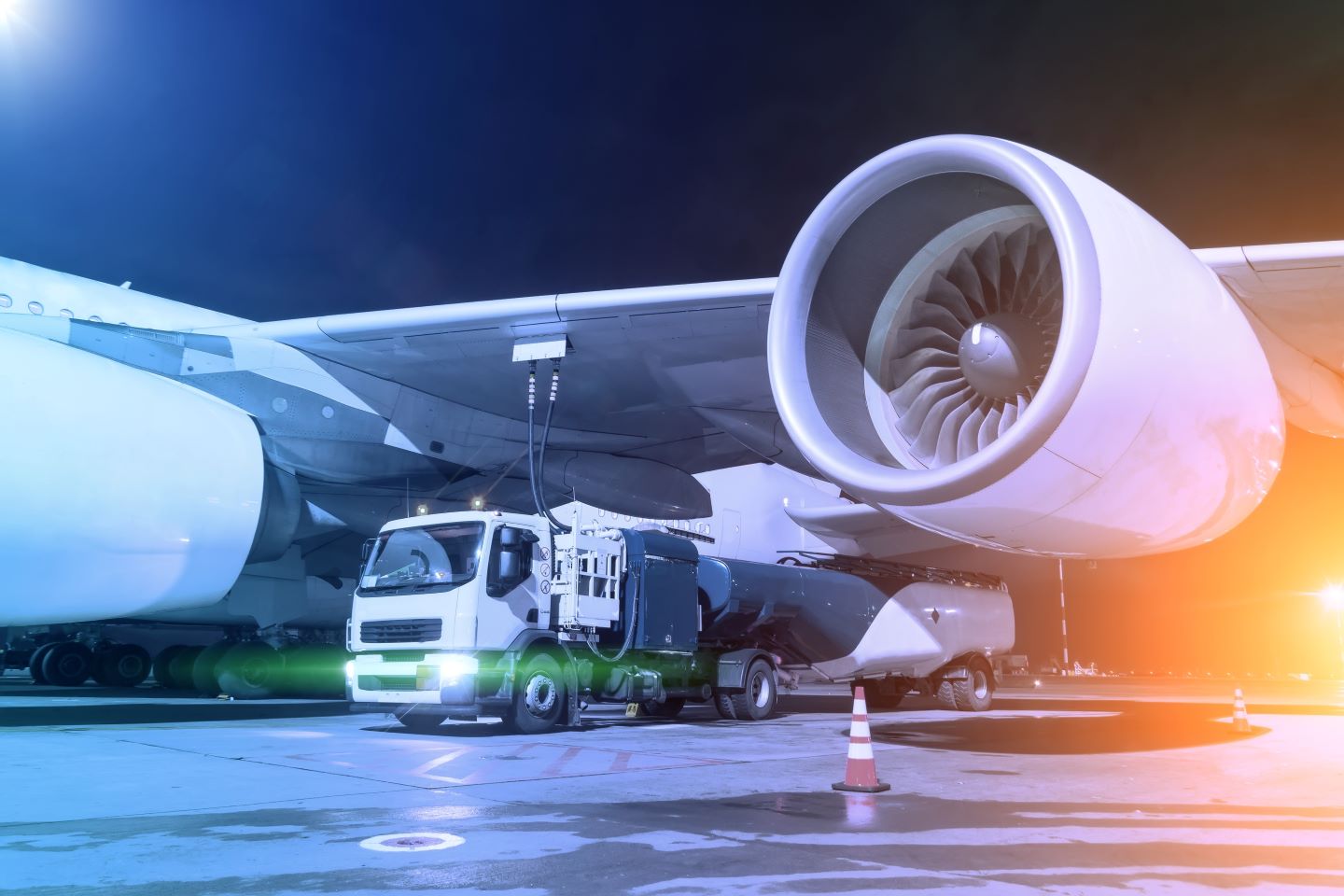ZeroAvia and Masdar announce hydrogen aviation fuel agreement
Length: • 2 mins
Annotated by Marc Chasserot
Marc Chasserot: UK/US hydrogen aircraft developer ZeroAvia has partnered with Masdar to investigate hydrogen generation and supply at strategic locations, with the aim of powering the world’s first commercial hydrogen flights. Masdar aims to produce one million tonnes of renewable hydrogen per year by 2030, and is seeking to generate 1.4 million tonnes of hydrogen annually by 2031. ZeroAvia is collaborating with energy companies to bring fuel to its airline operator clients as early as 2025 and stated that hydrogen-electric powertrains are the only scalable option for zero-emission aircraft.

UK/US hydrogen aircraft developer ZeroAvia announced a collaboration agreement with Masdar that aims to investigate hydrogen generation and supply at strategic locations.
Masdar has gained significant involvement in major aviation projects focused on green hydrogen production and through this new partnership, it is expected to power the world’s first commercial hydrogen flights.
By 2030, Masdar hopes to produce one million tonnes of renewable hydrogen per year.
Masdar CEO Mohamed Jameel Al Ramahi said: “Masdar looks forward to working with innovative partners like ZeroAvia to advance decarbonisation in hard-to-abate sectors, such as aviation.
“As the UAE’s clean energy champion, we are passionate about unlocking the potential of green hydrogen to build a greener future for all.”
The UAE is seeking to generate 1.4 million tonnes of hydrogen annually by 2031, with a tenfold rise to 15 million by 2050, demonstrating the scope of the country’s objectives.
ZeroAvia founder and CEO Val Miftakhov highlights how the partnership will enable a more sustainable flight solution: “We need large investments in renewable energy capacity to accelerate a future of truly clean flight for the entire industry, so we are delighted to partner with Masdar in this endeavour.
“Together, we are bringing the clean propulsion technology and the fuel to airlines to ensure that passengers can fly without any emissions and climate effects as soon as possible.”
ZeroAvia is collaborating with some of the world’s leading energy companies to bring fuel to its airline operator clients as early as 2025.
According to ZeroAvia, hydrogen-electric powertrains are the only realistic, scalable option for zero-emission aircraft.
The company stated it provides 60 times more specific energy and lower cycle costs than lithium-ion batteries, as well as several benefits over all other decarbonisation alternatives.
This agreement follows previous ventures from ZeroAvia in hydrogen infrastructure, including a partnership with liquid hydrogen (LH2) transportation company Absolut Hydrogen in order to explore LH2 production, storage and refuelling.